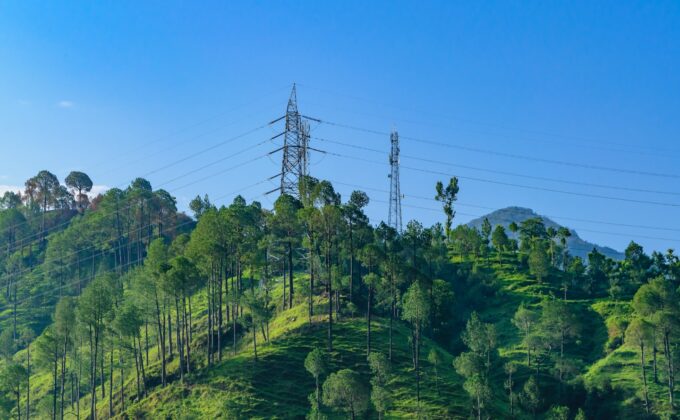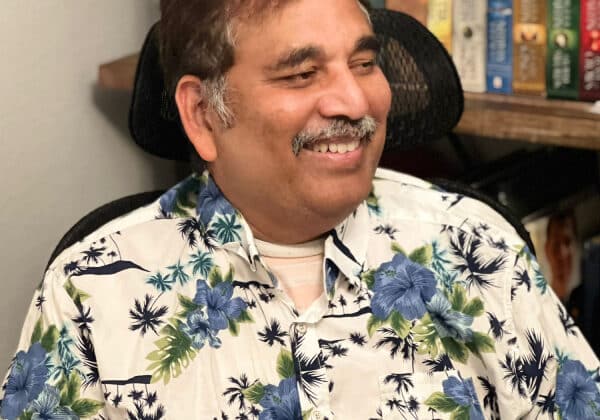Filter >>
Content Filter:
India is on an ambitious path India has embarked on aggressive plans to reform its electricity sector in keeping with its nationally determined contributions (NDC) submitted to the U.N. Framework Convention on Climate Change (UNFCCC) and with its current and… View Summary +
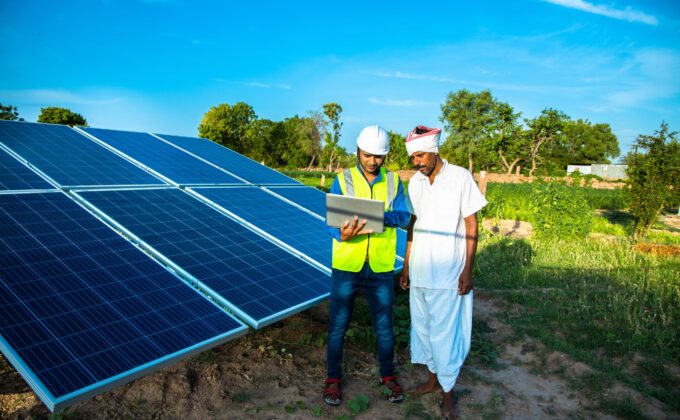
To meet decarbonisation goals, global renewable power capacity will need to more than triple by 2030, according to leading energy agencies. Centralised renewable generation will not deliver this level of change on its own, nor should it. Distributed energy resources… View Summary +
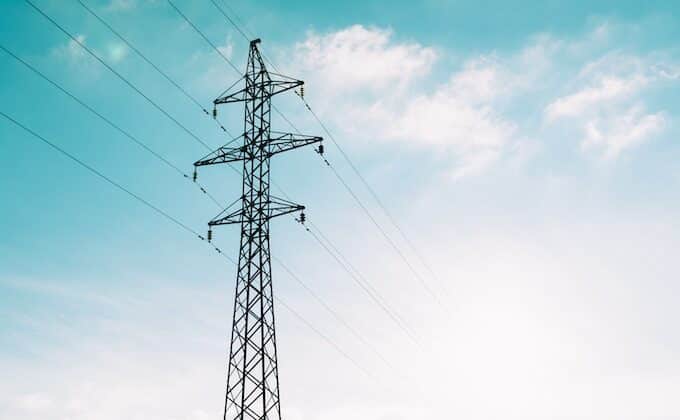
In this third part of our distributed energy resources (DER) in India series, we look at changes to the current distribution company (discom) business models. These models can overcome the financial disincentives DERs often face. Instead, discoms can embrace and… View Summary +

Distributed energy resources can provide key opportunities that would empower India’s retail customers to improve system efficiency, lower costs, and reduce emissions. In the first part of our DER series, we laid out the arguments for how deploying distributed… View Summary +
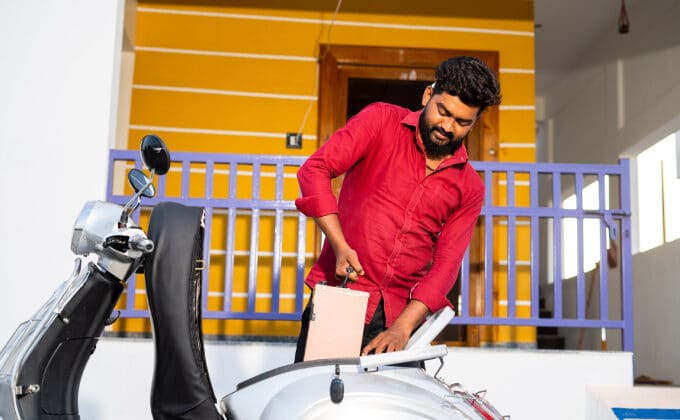
As a tool in combating greenhouse gas emissions, India is aggressively adding renewable energy resources to its electric system resource mix to displace fossil fuel and meet future electric load growth. Much of this is being accomplished using competitive procurement… View Summary +
